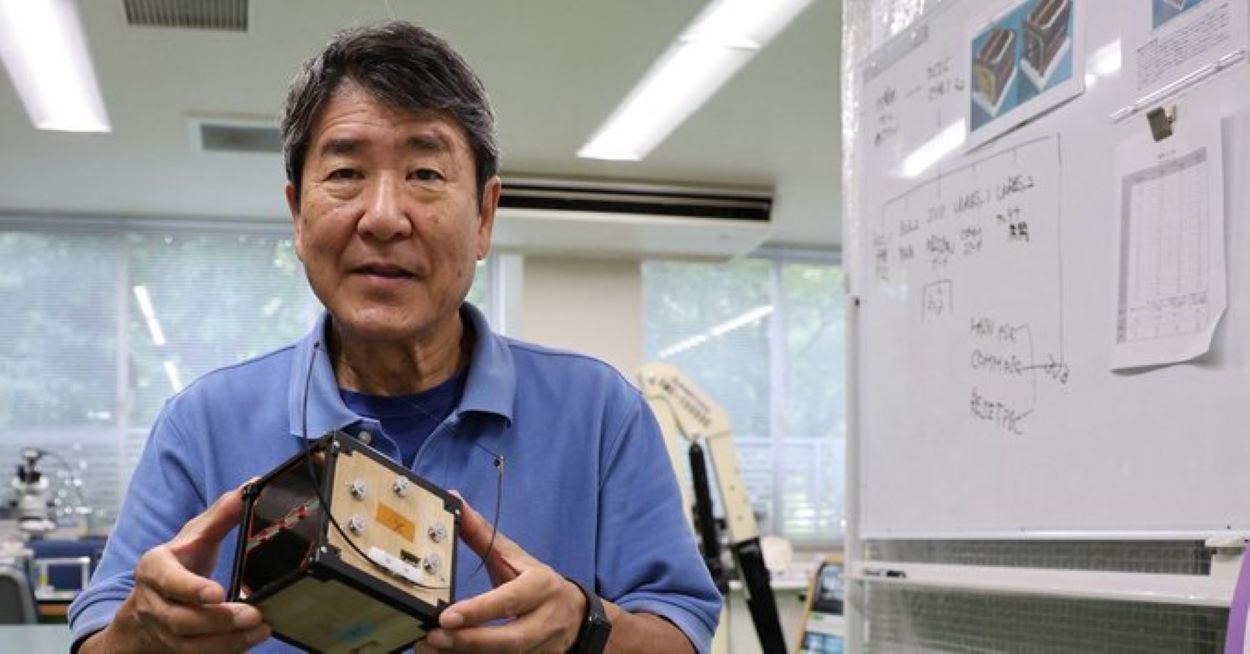Japanese researchers launched the world’s first wooden satellite into space on Tuesday, marking an innovative step in exploring lunar and Mars habitats.
Developed by Kyoto University and Sumitomo Forestry, the LignoSat will travel to the International Space Station aboard a SpaceX mission and later orbit approximately 400 kilometres above Earth.
Named after the Latin word for “wood,” LignoSat aims to explore the viability of timber as a sustainable material for space habitation. Takao Doi, a former Space Shuttle astronaut and researcher at Kyoto University, emphasized timber’s potential for constructing living and working spaces in extraterrestrial environments.
With a 50-year vision for afforestation and construction on the moon and Mars, Doi’s team created the wooden satellite using NASA-approved timber to establish its suitability for space. He added that wood is more durable in space, lacking the water and oxygen that cause decay and combustion on Earth.
The researchers highlight that wooden satellites could reduce environmental damage at the end of their operational life. Unlike metal satellites, which release aluminium oxide particles upon re-entry, wooden satellites would burn up cleanly, minimizing pollution.
Doi suggested that metal satellites might eventually be prohibited due to their environmental impact. “If our initial wooden satellite succeeds, we intend to propose this technology to Elon Musk’s SpaceX,” he said.






